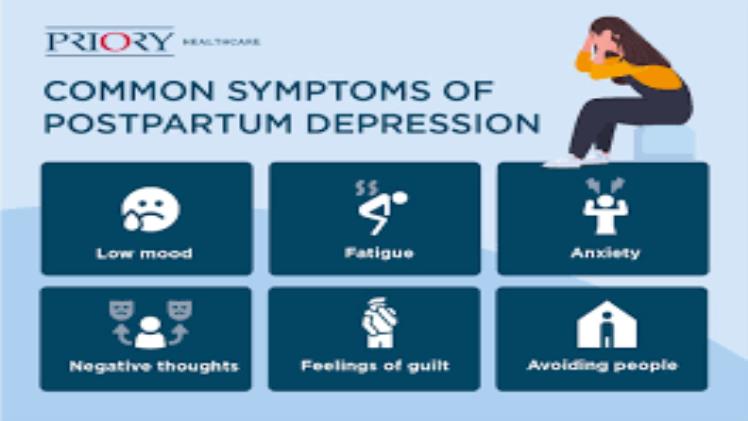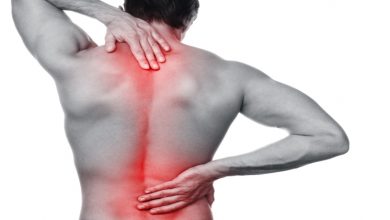What Are The Causes Of Postpartum Depression?

Imagine that you have recently given birth to a son and that he is now a few days old. You have every justification in the world to be ecstatic with the situation. Postpartum depression, often known as postnatal depression, is something that could put a damper on your otherwise joyful festivities. According to the available data, postpartum depression affects around one-quarter of women after giving birth to a child.
Postpartum depression is a form of depression that does not have any causes that can be assigned to it at this time, as all of the research that is being conducted on the topic is still emerging. On the other hand, based on the instances that have been treated by doctors at a mental health treatment facility in Hollywood Hills, numerous factors have been associated with the prevalence of postpartum depression.
Prenatal Depression
It is believed that prenatal depression is the element that contributes the most to postpartum depression when compared to the other causes. According to the statistics, a woman who suffers from postpartum depression is also likely to have suffered from prenatal depression in a proportion of 45 percent of cases. Low self-esteem and the pressures of providing childcare are two additional sources of stress. Both of these factors have an important role in the development of postpartum depression.
Click here for more Log in to Zoom
Low Social Support
When a woman gives birth to a newborn child, she does so with the expectation that she will be welcomed by society in her new role as a mother. It is completely normal to experience feelings of isolation when society treats mothers with contempt. A lack of social support during this time period might also contribute to postpartum depression.
Poor Marital Relationship
If giving birth to a child is a painful activity for the mother, it is for the father too. Though the father would undergo emotional pangs during the birth of the child, it is equally important that the father and the mother share a good relationship which will allow a good upbringing for the child. Please note that strains in the mother-father relationship can subject the mother and the father to bouts of postpartum depression. Especially the mother is susceptible to postpartum depression symptoms.
Erratic Behavior of the Newborn Baby
It is only natural for a mother to have high expectations for the behavior of her brand-new child, especially in the early days. Having said that, it is impossible to govern a newborn baby’s behavior until they reach the age of 2. The irrational behavior of the newborn, which the mother is unable to regulate, can sometimes be the cause of postpartum depression.
The factors listed above are said to correlate with postpartum depression. For example, a mother who suffers from prenatal depression has a high probability of suffering from postnatal depression. This factor is not conclusive for people to rely on to believe that mothers suffering from prenatal depression have to suffer from postpartum depression.
Postpartum depression is an area of research that is being conducted by physicians and other medical professionals in order to compile numbers and statistics that could validate the elements that are connected with postpartum depression.



